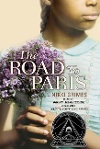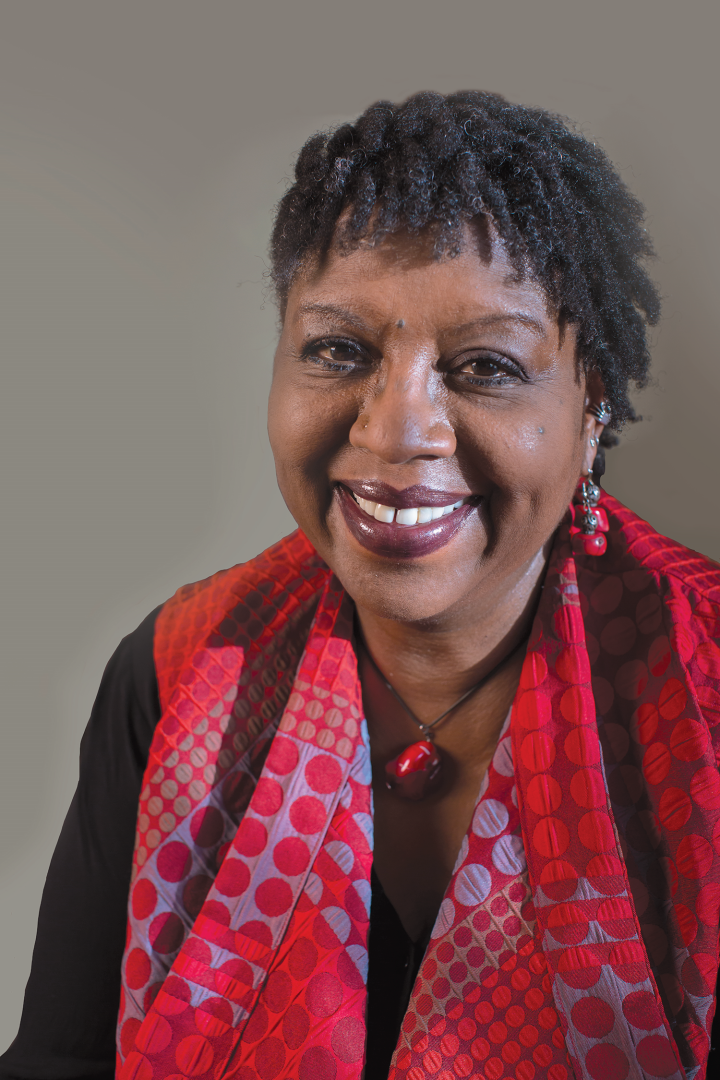The Writer's Page: Navigating the N-Word
The mere mention of the n-word is usually cause for conversation and consternation, to put it mildly. Whenever used in a song lyric or a piece of literature, dialogue and debate are quick to follow. Even so, the n-word is a brick wall I occasionally crash into, on purpose, whenever the poem or story I’m writing calls for it. Euphemisms never pack quite the same punch.
The mere mention of the n-word is usually cause for conversation and consternation, to put it mildly. Whenever used in a song lyric or a piece of literature, dialogue and debate are quick to follow. Even so, the n-word is a brick wall I occasionally crash into, on purpose, whenever the poem or story I’m writing calls for it. Euphemisms never pack quite the same punch.
 For me, it is a distasteful, hurtful expression with a lot of historical baggage. I avoid it in my everyday communication. Some shrug the racial epithet off as harmless, so long as a Black person is the speaker; but I am not a fan of the utterance, or of songs that repeatedly trot it out, laying it on thick between the drumbeats as if the term were its own rhythm and rhyme. I find it difficult to even listen to a comic who constantly tosses out the hated noun during a set. Nor am I fond of books — for young readers especially — that are liberally peppered with it. However, when I craft a story or poem in which a fictional character employs this derogatory expression as a weapon, the impact that has on the character at the receiving end is only fully felt by my inclusion of the unexpurgated word, not a diluted or coded reference to it.
For me, it is a distasteful, hurtful expression with a lot of historical baggage. I avoid it in my everyday communication. Some shrug the racial epithet off as harmless, so long as a Black person is the speaker; but I am not a fan of the utterance, or of songs that repeatedly trot it out, laying it on thick between the drumbeats as if the term were its own rhythm and rhyme. I find it difficult to even listen to a comic who constantly tosses out the hated noun during a set. Nor am I fond of books — for young readers especially — that are liberally peppered with it. However, when I craft a story or poem in which a fictional character employs this derogatory expression as a weapon, the impact that has on the character at the receiving end is only fully felt by my inclusion of the unexpurgated word, not a diluted or coded reference to it.
If someone were to call me “damn n-word!” or scrawl n-word across my garage door or the side of my house, I wouldn’t feel much of a twinge, though I would definitely resent having to scrub it off. But call me nigger, or spray-paint it on my walkway, and the pain would be palpable.
 When I wrote The Road to Paris, my editor, Nancy Paulsen, and I had many conversations about the use of that word in my novel. I employed it once, as judiciously as I always do, in a chapter in which my main character, Paris, is hit with this vile offense for the first time in her life. She stops by the house of her best friend, Ashley, who is white, to see if she can come out to play. It’s summertime, and Paris can see inside through the screen door, which is all that separates her from her friend. When Paris raps on the screen door, the voice of Ashley’s father is the first to reach her. Up to this point, Paris has never met him. Soon, she will wish she never had for, when he sees her, he says, “‘What the hell is a little blonde-headed nigger girl doing darkening the door of my house?’ The slap of words knocked Paris back two feet.”
When I wrote The Road to Paris, my editor, Nancy Paulsen, and I had many conversations about the use of that word in my novel. I employed it once, as judiciously as I always do, in a chapter in which my main character, Paris, is hit with this vile offense for the first time in her life. She stops by the house of her best friend, Ashley, who is white, to see if she can come out to play. It’s summertime, and Paris can see inside through the screen door, which is all that separates her from her friend. When Paris raps on the screen door, the voice of Ashley’s father is the first to reach her. Up to this point, Paris has never met him. Soon, she will wish she never had for, when he sees her, he says, “‘What the hell is a little blonde-headed nigger girl doing darkening the door of my house?’ The slap of words knocked Paris back two feet.”
Tell me, did you jump back, just a little, when you read that sentence? That precise impact is what I wanted my readers to have, to feel.
The Road to Paris was first published in 2006. A few years ago, I received a letter from a young reader asking me why I chose to include that word, because it troubled her. I assured her that I understood how ugly it was, and explained that I wanted readers to feel and to understand, at a heart level, how horribly it must have hurt Paris. Perhaps then, they’d be less inclined to call someone that in the real world.
Language is not only powerful; it can be visceral. Some words are jagged stones that split skin and pierce the soul. It’s never too early for a child to be taught that lesson, and what safer space to learn it — and learn it in context — than between the pages of a book, in a story about a character the reader has come to know and love?
In my memoir Ordinary Hazards, I recounted the real-life story of the racial incident fictionalized in The Road to Paris. I didn’t worry about holding anything back in a memoir intended for a young adult/adult audience. Nevertheless, my editor, Rebecca Davis, made mention of the n-word’s use, querying me to make certain I had thoughtfully considered whether or not the term should remain. I had. Again, my approach was judicious. In a book 325 pages in length, the n-word occurs only once.


I used the offensive noun most recently in a poem for the middle-grade anthology The Talk: Conversations About Race, Love & Truth, compiled by Wade and Cheryl Hudson and edited by Phoebe Yeh. The poem I contributed addressed a scenario similar to both the chapter in The Road to Paris and the poem in Ordinary Hazards. Again, I was asked if I was sure I wanted to keep the epithet in. Wade didn’t press me on it, largely, I think, because he got what I was going for (Phoebe may have been more concerned). In any case, I stood firm on the issue, and my poem was ultimately accepted, n-word and all.
 Note that I have returned to some version of this same story on three different occasions. The reason for that is simple: the real-life experience left an indelible mark on my soul, and I’ve never quite shaken it. If, by retelling this story, in all its searing ugliness, I can dissuade young readers from ever slinging the n-word as a weapon against a person of color, I will have come a long way toward redeeming an exquisitely painful moment in my own childhood.
Note that I have returned to some version of this same story on three different occasions. The reason for that is simple: the real-life experience left an indelible mark on my soul, and I’ve never quite shaken it. If, by retelling this story, in all its searing ugliness, I can dissuade young readers from ever slinging the n-word as a weapon against a person of color, I will have come a long way toward redeeming an exquisitely painful moment in my own childhood.
Finally, authenticity is important to me, as an author. I will always lean into that when making decisions about what language I will, or won’t, employ in my literary work. The one thing I must always do, as a storyteller, is write true. I do so respecting that my readers will understand the nuances of my choices. And when, like the young fan of The Road to Paris, they don’t understand something I’ve written, I hope they will reach out and ask me to explain. At the very least, they can always count on me to give them an honest answer.
From the November/December 2020 issue of The Horn Book Magazine.

RELATED
ALREADY A SUBSCRIBER? LOG IN
We are currently offering this content for free. Sign up now to activate your personal profile, where you can save articles for future viewing.







Add Comment :-
Comment Policy:
Comment should not be empty !!!